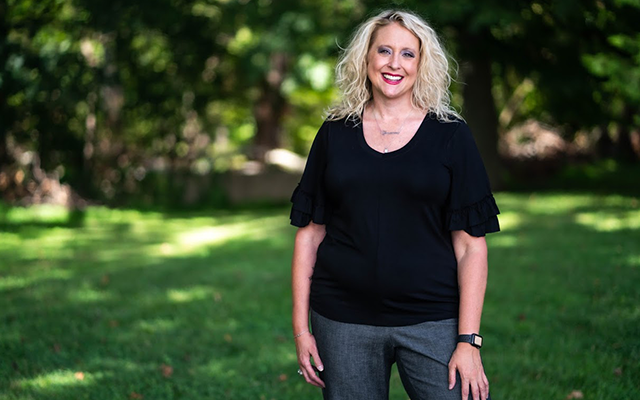To many of us, it’s mind blowing to think that mental health is still stigmatized just like the utilization of medical cannabis is for health and wellness, treatment, and relief. On the bright side, there are a number of organizations that are trying to work towards building awareness around mental health education. Unfortunately, we do not see many organizations working towards funding clinical research studies surrounding mental health–something that is in dire need in the realm of patient advocacy.
Hosting events and campaigns to raise awareness and bring about education to the public is needed and helpful. However, could there be a greater impact being made if a greater portion of that time, energy, and resources was deployed towards clinical research? When there is more capital deployed towards clinical research, everyone in the medical cannabis community benefits. Everyone from the patients to the bud-tenders, brands, dispensaries, and everyone in between.
How do companies know if the products they are formulating or selling work for ailments such as anxiety, depression, and PTS? Unless they have clinical research to back up those thoughts and ideas, they do not truly know. Instead, they are merely relying on third-party, scientific publications for formulating their products and expecting efficacy. This leaves patients oftentimes frustrated and feeling helpless when forced to go through trial and error to find the right product for their specific mental health condition(s) and/or ailments.
Companies often do not request formalized feedback from their patients after trying a product for the first time. If they do solicit feedback, it is usually in the form of a survey as a means to better understand how to sell more effectively. This is in no way, shape, or form the same information one would gather when conducting clinical research to better understand the safety and efficacy of a product. The more that medical cannabis and CBD companies perform observational studies to explore whether or not the product they have formulated and developed is safe and effective, the more information patients will have to make better decisions that involve far less trial and error.
In our current medical cannabis climate, it is rare to come across a company that is collecting data and feedback about adverse events involving potential drug-drug interactions between cannabis and other pharmaceutical products. Once companies are willing to perform clinical research and procure the data in a proper way through an electronic data capture system or something similar, brands and their formulation teams will be able to see all of the critical patient data in once place. Imagine the positive impact that could be made with this kind of information. Imagine capturing data related to mental health, learning what improvements are needed in product formulations, and then providing patients with formulations that will actually do what they’re promoted to do.
Data is the key to patient success. Patients, especially those with mental health diagnosis, deserve to have a voice and they deserve to be heard before it is too late for them.







You are EXACTLY what and who I’ve been searching for. Christina DiArcangelo, I have followed you for years and I still feel the same, that I wish you were here in Colorado. One might think that Colorado would be ahead of the curveball in all things cannabis. I have found that colorado is still mostly about being high and stoned. I’m with you, Christina DiArcangelo in that Cannabis needs all the studies on medicinal practices possible. I was a Pharmaceutical Rep for Novartis most of my adult life and have found cannabis to be more effective than most pharma products for almost any ailment. I am lucky that I, personally don’t suffer from many ailments; however, most of my friends who are in their 50’s and early 60’s have developed issues. I council on first-timer cannabis triers and they have been converted to be pro-cannabis. Cannabis will soon be accepted by medical professionals and medicine shall change as we know it. You go Christina DiArcangelo!!!! I SO want to assist you from afar!